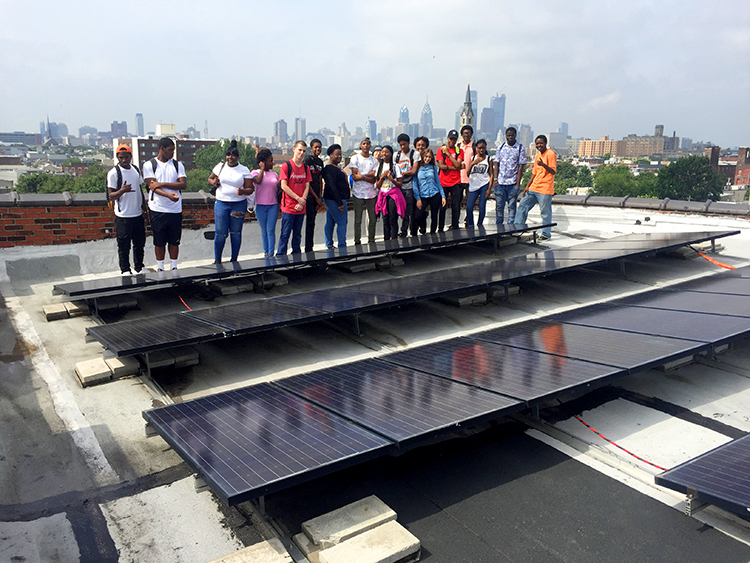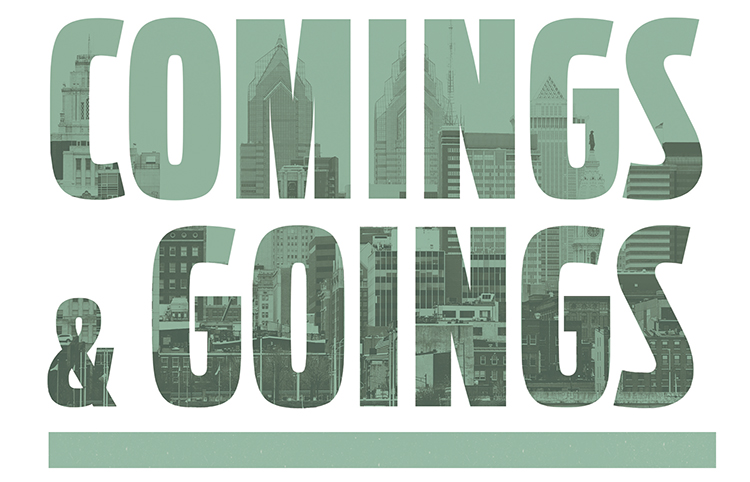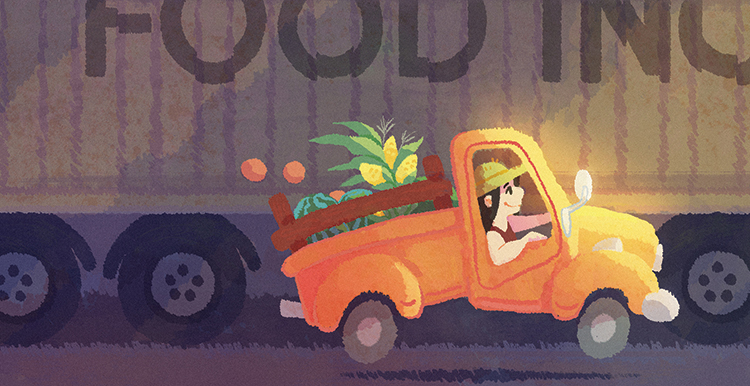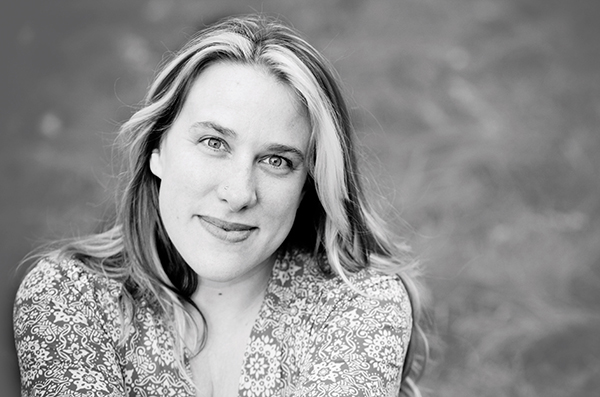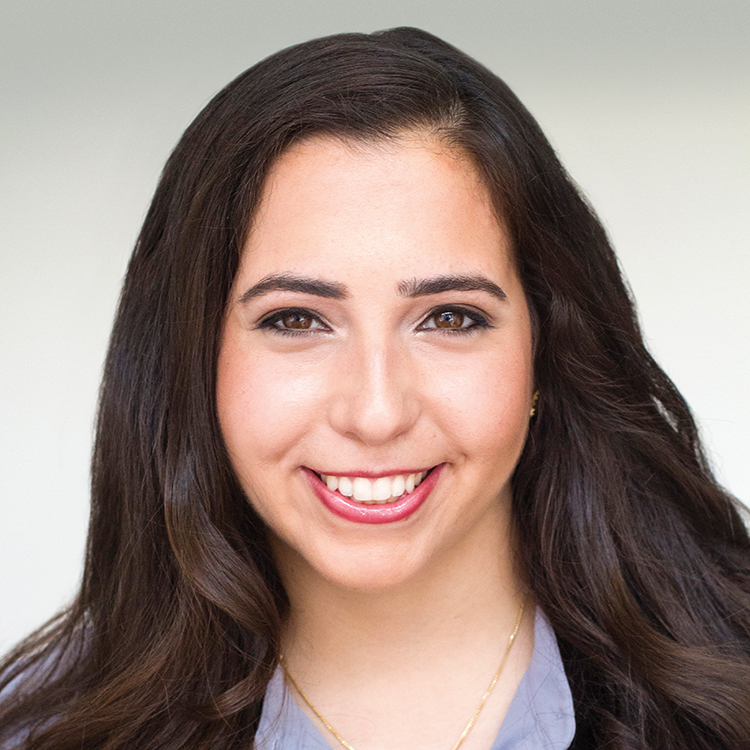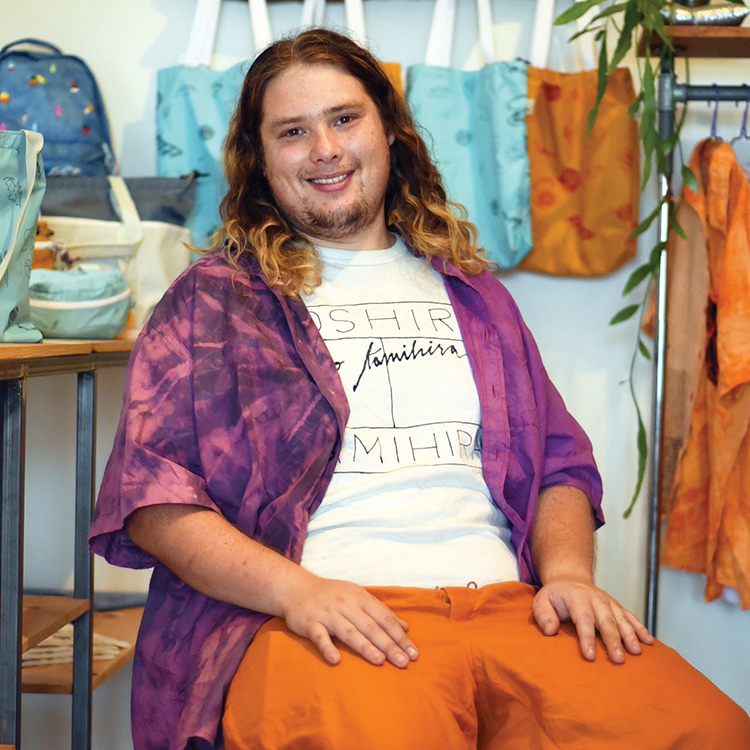Reflecting on the progress we have made
by Alex Mulcahy
We spend so much time plotting and planning what’s next, but on the cusp of our 100th issue, I finally took the time to look back at Grid.
Flipping through magazines, preserved in plastic sheaths like prized baseball cards from my youth, was a joy. There in our pages are so many people who became my friends. The day after the presidential election, when I burst into tears at the Reading Terminal Market, there was photographer JJ Tiziou, one of the first 10 subscribers to Grid, to give me a hug and words of comfort.
I’ve shared a number of lunches and thoughtful conversations with subscriber number one, Jerry Silberman, who has written the “Right Question” column. This is his last scheduled story, but I know he won’t stray too far from the Grid family. In the office next to mine is Grid’s Editor-in-Chief Heather Blakeslee, also one of the first 10 subscribers. I’ll stop naming names right here because it would be impossible to list the close friends I’ve made—and the inspiring people I’ve been fortunate enough to meet—by working on this magazine.
But even without a front-row seat, I’d still feel aglow reading the wonderful stories that populate our pages. It’s truly an antidote to the onslaught of disturbing and negative news, which is so ubiquitous and menacing that it has seeped into our pages. Grid was designed to be uplifting, and to give hope, including to me, and I believe that while we confront the pressing issues of the day, we remain optimistic.
Looking back at all of the changes documented in our first 100 issues, I think our optimism is justified. There’s now a permanent Office of Sustainability in our city government. Inside this issue is a document that outlines the city’s plan to commit to zero waste by 2035. That’s pretty radical.
As mentioned in our “Made in Philly” section this month, there is more local food in our restaurants than ever, and the distribution channels for that food have never been stronger.
Revolution Recovery, perhaps the country’s best recycler for construction and demolition waste, has opened a second location in New Castle, Delaware, and Bennett Compost now processes more than one million pounds of organic waste annually.
The bike share system that we wrote about in our first issue in September of 2008 has arrived and is a stunning success. Bike lanes have proliferated throughout the city, and more progress is sure to follow.
Our Green Cities, Clean Waters plan is improving the quality and health of our
rivers and reducing flooding with logic that involves good green design, rather than just making pipes bigger.
Those are some of the bigger stories, but there are plenty of others worthy of attention. The Feed the Barrel program, which began as an oil recycling program in the city’s Indonesian community, has now been adopted by Weavers Way Co-op. The Workshop School, the innovative, project-based school in West Philly, was launched after the unprecedented success of the Hybrid-X car and after-school program (our back page essay this month is written by one of their students). Made Studios, a clothing-based makerspace, has turned into a school, the grass-fed meat at Wyebrook Farm is now available at La DiVisa in the Reading Terminal Market… The list goes on.
Of course, much work remains, but the idea behind Grid is to show readers that good things are happening right now in our city: that people—people just like you—have innovative ideas that are changing the city and the world for the better. The hope is that their example inspires you to take action, to commit to your dream project, or to join or support a group or a cause you believe in. It’s an invitation to join the party.
It’s also an invitation to examine how we live on a day-to-day basis. Whether it’s a rundown on where to get the best used clothes, or instruction on cooking that strange vegetable in your CSA, or encouragement to explore the city on your bike, our intention is always to make consumption more mindful, while simultaneously deepening connections to our neighbors.
The core beliefs of the magazine have been, and are, that everyone deserves clean air, clean water, healthy food, health care, housing and education. One hundred issues later, that remains true.
A heartfelt “thank you” to all the talented writers, editors, photographers, illustrators and designers who have worked so hard on this magazine. It’s amazing how much talent is in this city. Thank you to the advertisers and the subscribers who have made this magazine possible. We’re grateful for the first 100 issues, and now we will turn our gaze forward, for the next 100.
Alex Mulcahy, Publisher
alex@gridphilly.com




